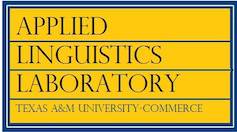Peer corrective feedback as an opportunity for metalinguistic reflection in tandem telecollaboration
DOI:
https://doi.org/10.21283/2376905X.14.241Keywords:
WRITTEN CORRECTIVE FEEDBACK, NATIVE/NONNATIVE PEER INTERACTION, METALINGUISTIC REFLECTION, CROSS-LINGUISTIC AWARENESS, ONLINE TANDEMAbstract
This paper focuses on peer written corrective feedback (PWCF), a pedagogic device whose potential appears still underexploited in second language teaching in Italian schools and universities. Specifically, we aim to contribute to the body of research on the benefits of PWCF as a learning activity for the development of metalinguistic reflection in peer-to-peer native/non-native online communication. Using a sample of tandem interactions between US learners of Italian and Italian learners of English, we conducted a qualitative analysis of the explanations of linguistic phenomena provided by native speakers when commenting on errors after giving corrective feedback on their non-native partners’ pieces of L2 writing. The data analysis confirmed that the feedback-discussing tasks pushed native/non-native peers to actively reflect on both source and target language, engaging in metalinguistic discussions and utilizing cross-linguistic knowledge.
Downloads
Published
How to Cite
License
Copyright (c) 2021 Francesca La Russa

This work is licensed under a Creative Commons Attribution 4.0 International License.


